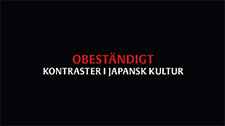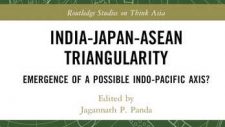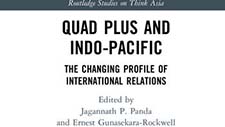-
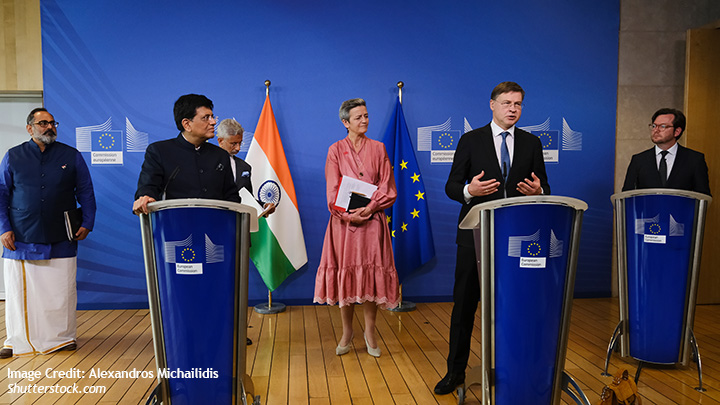
India-Europe Cooperation in Semiconductors: Another Link in the Chain
Oorja Tapan writes on the prospects of India-EU cooperation in the field of semiconductor. She argues that due to the economic impact of semiconductor production facilities on local economies, state and local governments have generally funded the majority of chip subsidies in Europe and India. In this instance, transparency refers to highlighting the benefits of pooling resources, information, and skills to develop a more inclusive and collaborative strategy. The EU and India must deepen their connections with global semiconductor companies to guarantee fruitful cooperation in the semiconductor mission. This entails utilizing their technology and experience through cooperative research projects, knowledge sharing, and skill enhancement. Further, it highlights the importance of technology partnerships and joint ventures in manufacturing facilities, which will contribute to the development of robust supply chains, writes Oorja Tapan.
-
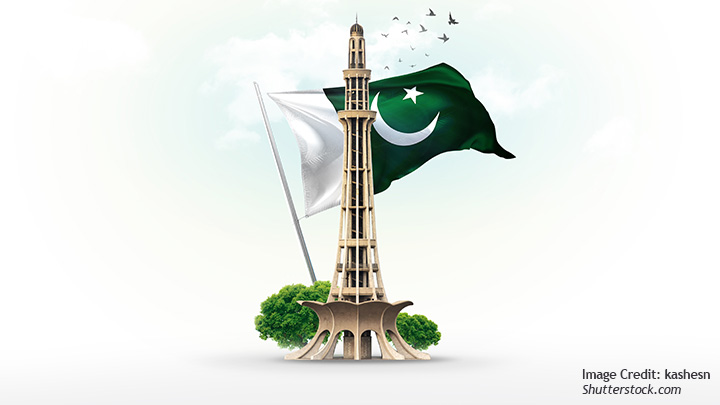
Assessing Pakistan’s Foreign Policy Under Shehbaz Sharif
Saher Liaqat writes on the changing political situation in Pakistan and its influence on country's foreign policy under Shehbaz Sharif. The author writes that the foreign policy perspective of Pakistan has consistently been a topic of rigorous examination and evaluation, particularly within the context of domestic political instability. Following the general elections held on February 8, the newly formed coalition government under the premiership of Shehbaz Sharif faces many significant foreign policy matters to address. Given the fact that the world is experiencing a highly volatile phase due to geopolitical tensions, Pakistan is confronted with both obstacles and prospects in influencing its international relations and strategic involvements, argues Saher Liaqat.
-
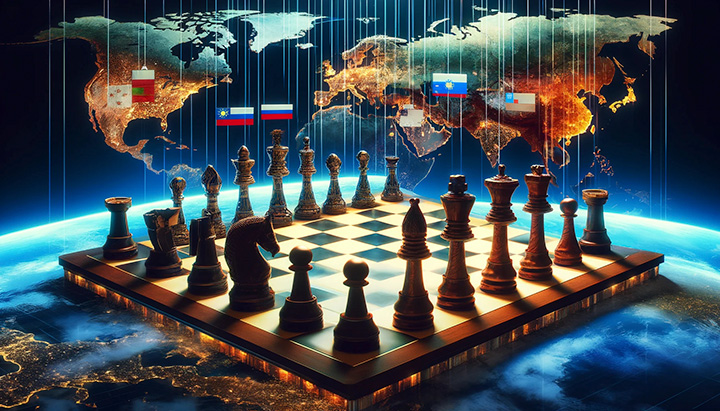
The Lithuanian Gambit: A Diplomatic Power Play in the Making
Explore new EU-Taiwan insights in Brian Iselin's latest article. Here he explores Lithuania's strategic recalibration of its relationship with China amidst the growing Sino-Russian alliance, and how this might translate to political opportunity for Taiwan in Europe. China's trade retaliation against Lithuania, if extended to other EU member states, would redefine global diplomacy and has significant implications for the EU and Taiwan. Dive into the complexities of this geopolitical chess game and discover what it means for international relations. Don't miss out on understanding this pivotal moment in global politics!
-
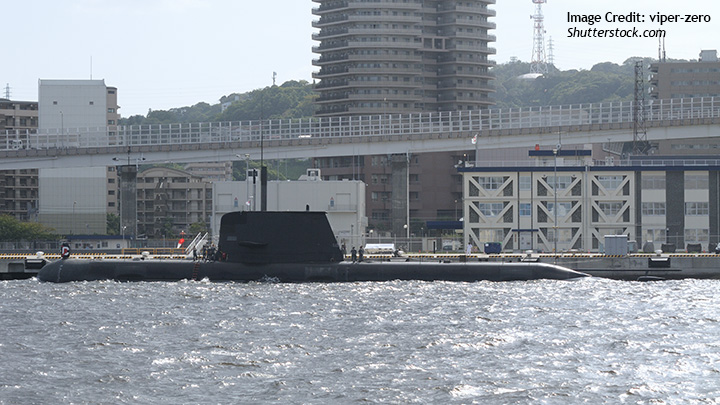
Do not Jettison Traditional Data Sharing in Maritime Domain
Jeffrey Payne writes on why building awareness beyond the maritime community is essential. He argues that the sea remains troubled by bad actors. Piracy, trafficking, and illegal fishing, among others, continue to threaten our seas. Some criminals have no affiliation with nation-states, while others operate with the permission of, if not outright affiliation with, various governments who find such criminality a means to further their political interests. The recent attacks by the Houthi on commercial shipping in the Red Sea are the most recent example of how criminality impacts us all. Information sharing remains an effective means to address maritime crime. The data that constitutes that information, though, must remain diverse, routinely and quickly shared, and not purely driven by technological trends, writes Payne.
-
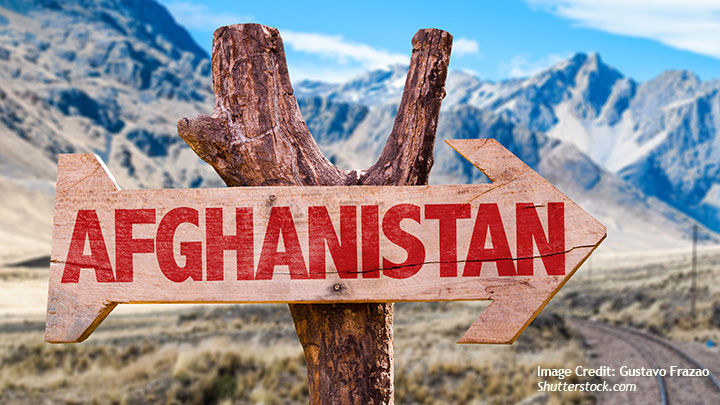
Surge in Foreign Tourists to Afghanistan: Recommendations for Tourism and Cultural Growth
Masom Jan Masomy & Marina Bahar writes on how Afghanistan must have a serious review on promoting tourism sector for both the domestic and foreign visitors. They write that after more than two years of the Taliban rule since 2021, it seems that the surge in foreign tourists is increasing because the security environment of Afghanistan is more conducive than in the years between 2001 and 2021. The domestic as well as foreign tourists can't still visit parts of Afghanistan due to security threats. As a result, it is important to note that the growth of the tourism industry will only depend on the security situation in Afghanistan and investment in this sector is based on the needs and demands of tourists. Moreover, sustainable development projects can help promote and rebuild historical and cultural sites throughout the country, write Masomy and Bahar.
-
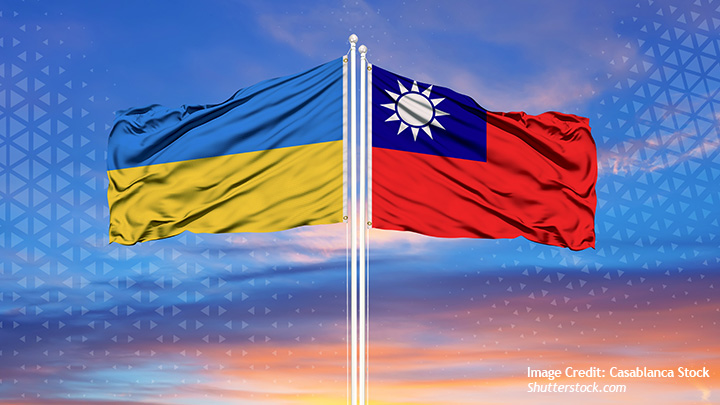
Not Drawing a Parallel. Ukraine and Taiwan: An Indian Perspective
Jagannath Panda writes on why it is not appropriate to draw a parallel between Ukraine war and the impending Taiwan crisis. He argues that the Taiwan contingency bodes ill for the Asian stability, including economic repercussions on an emerging region due to the Taiwan Strait being one of the most lucrative maritime trade routes that connect Northeast Asia to the West. The question of Asian states’ “interdependence” on China and its resurgence to fuel their overall growth, while they are acutely aware of the need for the U.S. to balance Chinese assertiveness and maintain the Cross-Strait status quo, is a rather valid concern. Against such a scenario, what can be made of the drawing of parallels between Ukraine and Taiwan? Is it justifiable or needed to ascertain a level of deterrence or preparation measures against China? Or is it an exercise in futility, or worse, sensationalism? In a similar vein, to what extent would China count on lessons from the Ukrainian war? Could Indo-Pacific states like India and Japan recalibrate their Taiwan stance for the greater good, i.e., regional security? Read this chapter by Jagannath Panda here.
-
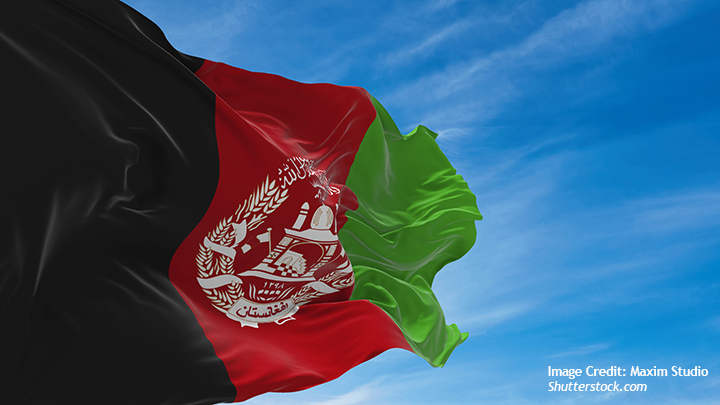
UN Conference on Afghanistan: Taliban’s Lost Opportunity for International Recognition
Muhammad Murad writes on Taliban's lack of foresight to gain international recognition. He writes that the recently concluded UN Conference would have been an opportunity that the regime could have used to negotiate its case for international recognition. Notwithstanding their non-conciliatory behavior, the Taliban still long for diplomatic recognition. Due to their foolhardiness, they missed an opportunity to put their stance on the table at the UN Conference in Doha. However, the regime’s non-participation provided other groups, especially Afghan women and activists, a chance to discuss their issues at a multilateral forum. Despite this, the conference failed to achieve its primary objectives which were to facilitate dialogue between the global community and the Taliban and to draw a plan for Afghanistan’s international engagement. Mr. Guterres, nonetheless, stressed the significance of discussing the outcomes of the conference with the Taliban and stated that there would be a solution to allow for the Taliban’s participation in the near future. For that to happen, the Taliban need to show their willingness by fulfilling their promises made before seizing Kabul two and a half years ago, writes Murad.
-
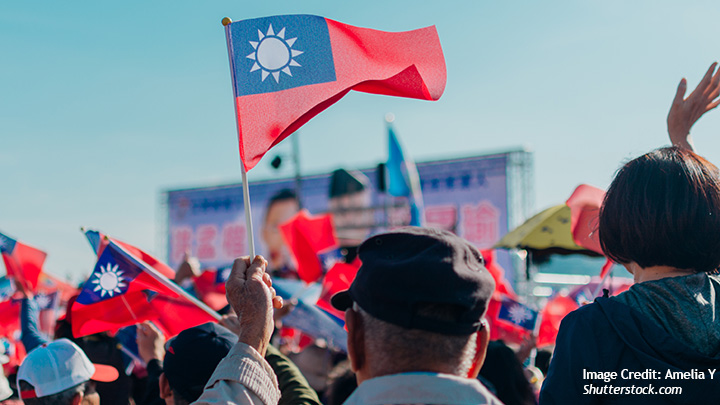
Taiwan’s 2024 Elections: Perspectives from the Region and Beyond
The Institute for Security & Development Policy invited a group of international experts to explore the implications of the elections for the region and beyond. The ISDP Special Paper edited by Zsuzsa Anna Ferenczy covers a group of countries in Taiwan’s vicinity in the Indo-Pacific region, as well as the European Union (EU), with an additional focus on Central Eastern Europe. The countries covered are Japan, the Philippines, Singapore, Indonesia, India, the United States, and the EU. This publication offers valuable insights into the factors that have shaped the dynamics in China’s relations with regional states and with Taiwan, and on the complexity of cross-Strait relations in light of Lai’s victory. The publication also provides forward-looking reflections on how like-minded democracies in the region and beyond can work together with Taiwan as a partner, and contribute to maintaining peace and stability in the Indo-Pacific, which is in the interest of all, including that of the PRC. Read this ISDP Special Paper edited by Zsuzsa Anna Ferenczy here.
Latest Publications
Jagannath Panda: “India’s INSTC Commitment Is Not Reliant on Western Endorsement”
Interview conducted by Ilya Roubanis, Caucasus Watch The International North-South Transport Corridor (INSTC) is a 7,200km mostly overland network stretching from India to Russia, via Azerbaijan and Iran, branching […]
The Lithuanian Gambit
There is a great deal of conjecture and analysis at present telling us there is emerging a Sino-Russian alliance. If it is so, and it looks to me like it […]
Taiwan’s 2024 Elections: Perspectives from the Region and Beyond
The Institute for Security & Development Policy invited a group of international experts to explore the implications of the elections for the region and beyond. The publication covers a group […]



